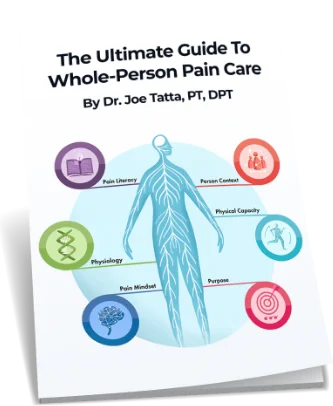Social Justice
The pain liberation movement challenges the stigmatization and marginalization of people living with pain. Barriers towards assessment, recognition, and successful pain management exist among historically marginalized groups, including women, elderly, people of color, indigenous groups, recent immigrants, refugees, and members of the lesbian, gay, bisexual, transsexual, queer, intersex, and asexual (LGBTQIA+) communities. Bias towards historically marginalized groups influences outcome expectations in people with pain.
It also considers the impact of sociopolitical determinants such as poverty, discrimination, lack of healthcare access, education, social support services, and other social inequities. These factors affect people’s vulnerability to and capacity for pain recovery. The pain liberation movement maintains an ongoing awareness of sociopolitical movements for human rights that sustain our ability to safeguard those most vulnerable.


